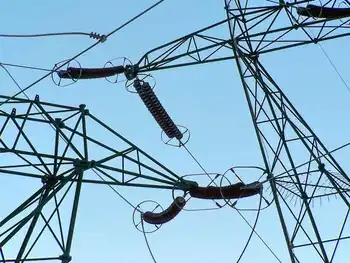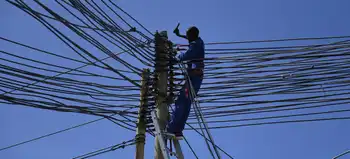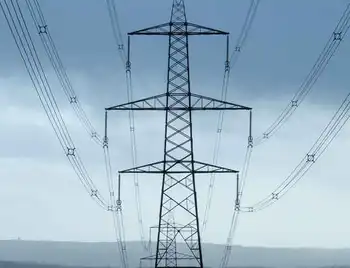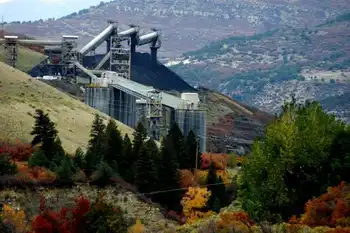Utilities develop new strategies: Power companies ready for hurricanes
By Knight Ridder Tribune
Protective Relay Training - Basic
Our customized live online or in‑person group training can be delivered to your staff at your location.

- Live Online
- 12 hours Instructor-led
- Group Training Available
After a hurricane - no matter how large or small - arguably the most critical resource is power. Without it, just about everything else shuts down and recovery efforts slow to a crawl. As a result, power suppliers are beefing up their maintenance schedules, replacing worn equipment, inspecting poles and trimming trees around power lines. Coast Electric's Web site, coast epa.com, is now hosted in Atlanta, which CEO Robert Occhi said will provide "continuous communication" with the company's 74,000 customers during and after a storm. The utility recently installed backup communication sys ems to respond to customer inquiries.
"Coast Electric also has designated employee liaisons to work hand in hand with county emergency operation centers and government personnel to provide ongoing communications," Occhi said. Mississippi Power, which serves 183,000 customers in 23 counties, rerouted lines and modified several substations to lessen the chances of water damage.
The company used stronger construction standards to rebuild a vital transmission line across the Pas agoula River and stockpiled poles and lines needed to respond to a disaster. "We always increase our stocking levels during the season," said David Simmons, who manages the company's storm-season manpower.
"And we do have a plan within Southern Co. that gives us immediate access to manpower and resources from our sister companies." The utility has stuck to its standard three- to four-year cycle of tree trimming around power lines. After Katrina in 2005, there was talk of studying whether placing cables underground made sense, but cost of such a project would be profound and Simmons said the benefits would hardly outweigh the price tag.
"We had quite a bit of damage from Katrina to our underground system," he said. "There can be some benefit, but it's certainly not the answer for everything." Floodwaters likely would damage significant portions of an underground system, Simmons said.
What's more, a lot of the vegetation that Katrina toppled included massive trees that no amount of pruning could have prevented. Coast Electric has worked with FEMA to locate trees that potentially could come in contact with power lines. Singing River Electric serves 67,000 customers in seven Mississippi counties and has stepped up it trimming practices.
The company devised a detailed action plan, which is activated when a threatening storm moves into the Gulf, but Lorri Freeman, a company spokeswoman, said the utility was forced to develop innovative tactics to gather sufficient supplies. "Since Katrina, it's taken longer to get parts for the substations and poles and transformers," she said.
"It's taking a lot longer to order those things, so we have had to stay on top of it all year long to gather equipment and make sure we have what we need." Power crews from Mississippi and surrounding states are put on standby and materials and supplies are moved to pre designated, strategic locations. Crews continue to work until winds reach 35 mph.











